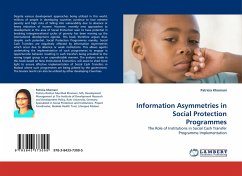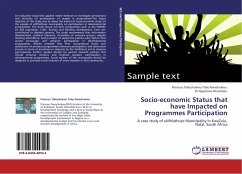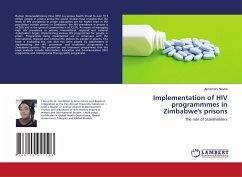Despite various development approaches being utilized in this world, millions of people in developing countries continue to face extreme poverty and high risks of falling into vulnerability due to absence or heavy reduction of income. However, recently new approaches to development in the area of Social Protection seen to have potential in breaking intergenerational cycles of poverty has been moving up the international development agenda. This book therefore argues that, despite such potential, Social Protection Programmes namely, Social Cash Transfers are negatively affected by Information Asymmetries which occur due to absence or weak institutions. This allows agents undertaking the implementation of such programmes to engage in opportunistic behavior resulting in cash transfers being provided to the wrong target group in an unpredictable manner. The analysis made in this book based on New Institutional Economics, will assist to shed more light to ensure effective implementation of Social Cash Transfers in Malawi where such programmes are being piloted by the government. The lessons learnt can also be utilized by other developing Countries.
Bitte wählen Sie Ihr Anliegen aus.
Rechnungen
Retourenschein anfordern
Bestellstatus
Storno








